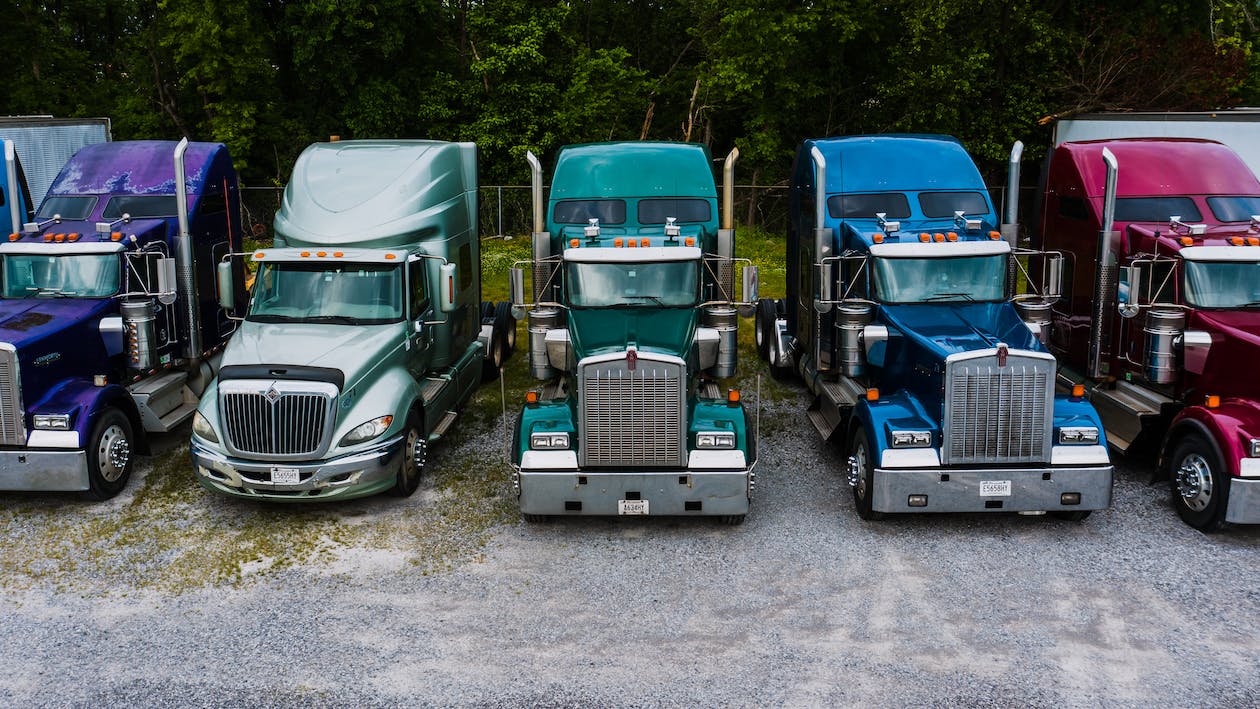Thousands of 18-wheeler wrecks occur in the United States annually. There is a common misconception that the majority of commercial truck accidents are caused by driver intoxication – but this simply isn’t the case. According to the Federal Motor Carrier Safety Administration (FMCSA), only about 2% of 18-wheeler accidents are caused by intoxicated truck drivers. While there are many factors that can cause a commercial 18-wheeler crash, today we’re going to dive in (or should we say “drive in?”) to one of the most common causes: mechanical failure.
Top Mechanical Failures of Big Rigs
According to the Insurance Institute for Highway Safety (IIHS), 55% of 18-wheeler accidents resulting in personal injury involved at least one mechanical failure. Three of the most common mechanical failures for commercial truck accidents include brakes, trailer load, and tires. According to the FMCSA, 29% of 18-wheeler collisions are caused by faulty brakes. The FMCSA also found that in 2020, tire failure was the most coded common truck accident cause in cases of mechanical failure.
Who’s At Fault?
Personal injuries incurred in 18-wheeler collisions are severe, usually requiring expensive ongoing treatments such as physical therapy, surgery, prescription medications, and more. When a truck driver gets into an accident due to mechanical failure, who is at fault?
- If the truck driver is a private contractor and drives a company vehicle, the employer may be at fault if the mechanical failure was caused by lack of maintenance. Employers are legally responsible for maintaining their commercial trucks and ensuring necessary repairs. For example, when brakes fail because the brake pads weren’t changed.
- If the truck driver drives their own vehicle and mechanical failure from lack of maintenance leads to a traffic wreck, the truck driver is liable.
- If mechanical failure is caused by defective vehicle parts, the manufacturer or another party involved in production of those parts may be at fault for the accident.
It is also possible for multiple parties to be held responsible for a collision, thanks to Missouri’s At Fault law. When more than one party is found to be at fault, evidence is used to determine what percent of fault each party bears. For instance, if the plaintiff is 20% at fault and the defendant is 80% at fault with a settlement of $100,000, the plaintiff would receive $80,000.
Preventing Mechanical Failure
Accidents can’t always be prevented, but the risk of an 18-wheeler crash can be decreased with safety precautions. Check that the following are functioning properly before hitting the road to help prevent mechanical failure.
- Tire pressure.
- Tire tread wear and tear.
- Brakes, brake fluid, and brake lights.
- Trailer load size and straps.
- Headlights and turn signals.
- Vehicle fluid levels.
If you’ve been injured in an 18-wheeler accident, you’ll need an attorney to prove who is at fault and fight for the personal injury settlement you deserve to cover your injury related expenses. Contact us as soon as possible to schedule your initial consultation where you will receive free legal advice from a St. Louis accident lawyer near you.

